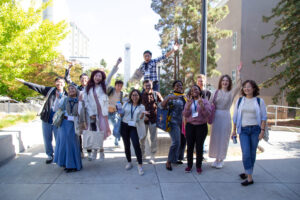
From AI to Social Justice, MDevEng Class of 2025 Sets Sights on Global Problem Solving
Mingxi Tang, inspired by UC Berkeley’s Master of Development Engineering (MDevEng) program, shifted her career path from finance to social impact. Now part of the 2025 cohort, she aims to use AI and machine learning to improve the lives of people with disabilities.

How a Berkeley alum and a Climate Action Fellowship partner fight for a sustainable future through human-centered engineering
Kevin Kung, co-founder of Takachar, began his climate innovation journey at UC Berkeley’s Blum Center through the 2015 Big Ideas Contest. Now hosting California Climate Action Fellows, Takachar helps transform agricultural waste into bioproducts, emphasizing a human-centered approach that addresses environmental challenges and supports underserved communities.
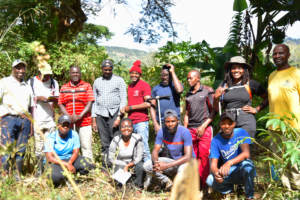
Blum Center Students and Faculty Take Up the Mantle of the International Decade of Sciences for Sustainable Development
Soliver Ché Fusi is an environmental engineering PhD candidate at UC Berkeley. She hurries online to speak with me late in the Kenyan evening about her work at the Blum Center for Developing Economies. She’s telling me how the technology she’s working on hits on all these target issues — and it’s simple: sustainable agricultural fertilizer.
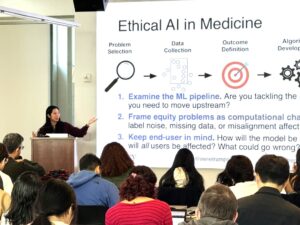
Digital Transformation of Development Traineeship Brings AI and Data Analytics to Under-Resourced Settings
Under a new NSF-funded research program housed at the Blum Center, the Digital Transformation of Development (DToD) Traineeship, students are using their research skills to apply digital tools, such as machine learning and AI, to the issues and challenges of poverty alleviation, disaster relief, and more — in pursuit of digital and technological justice, equity, and empowerment.
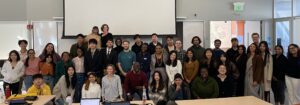
DevEng Team Creates Toolkit for Decision-Makers Aiding ‘Doubly Vulnerable’ Populations
“FireTools,” developed in DevEng C200, “Design, Evaluate, and Scale Development Technologies,” brings a wide array of resources under one umbrella for local decision-makers to use to improve disaster preparedness, response, recovery, and resilience — with a particular emphasis on doubly vulnerable communities.

Patricia Quaye: Empowering Rural Women and African Culture Through Fashion
SHE uses sustainable fashion design to empower talented rural women to break free from generational cycles of poverty while promoting rich African heritages to the world. The project helps women with years of skilled seamstressing experience who find themselves disregarded or deemed incapable due to the rural environment and a male-dominated society.

